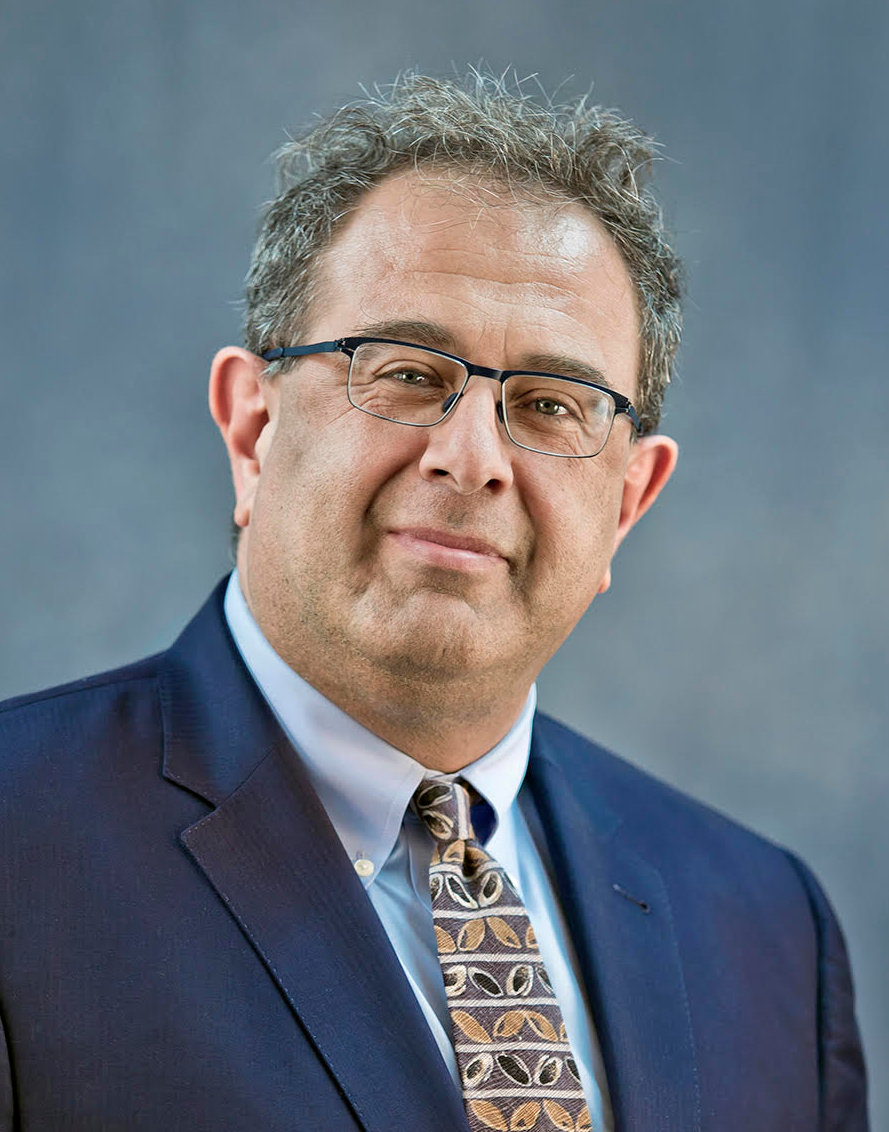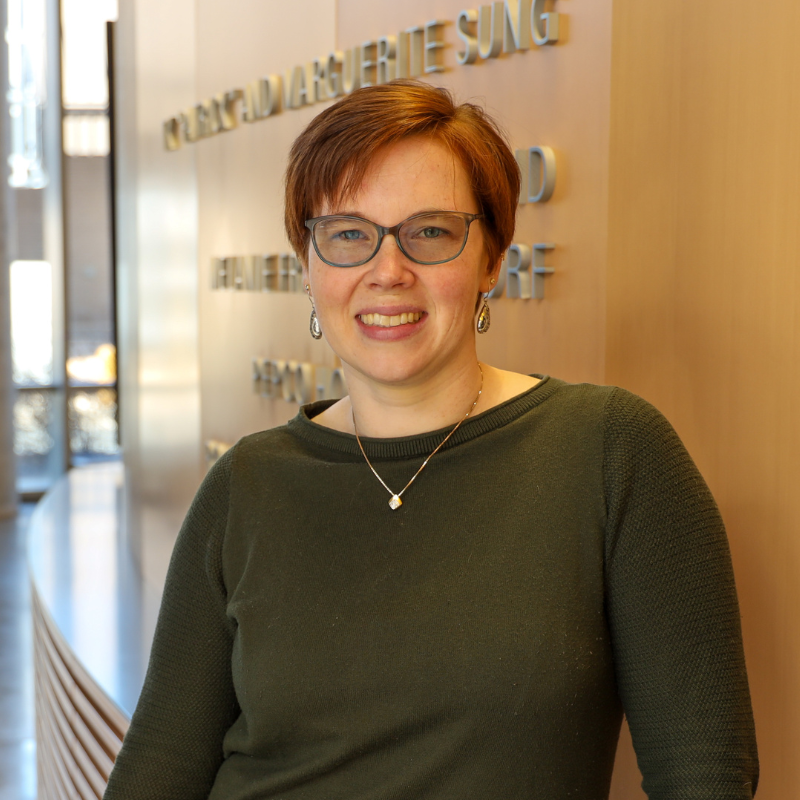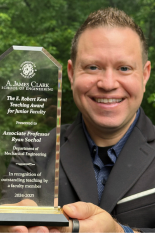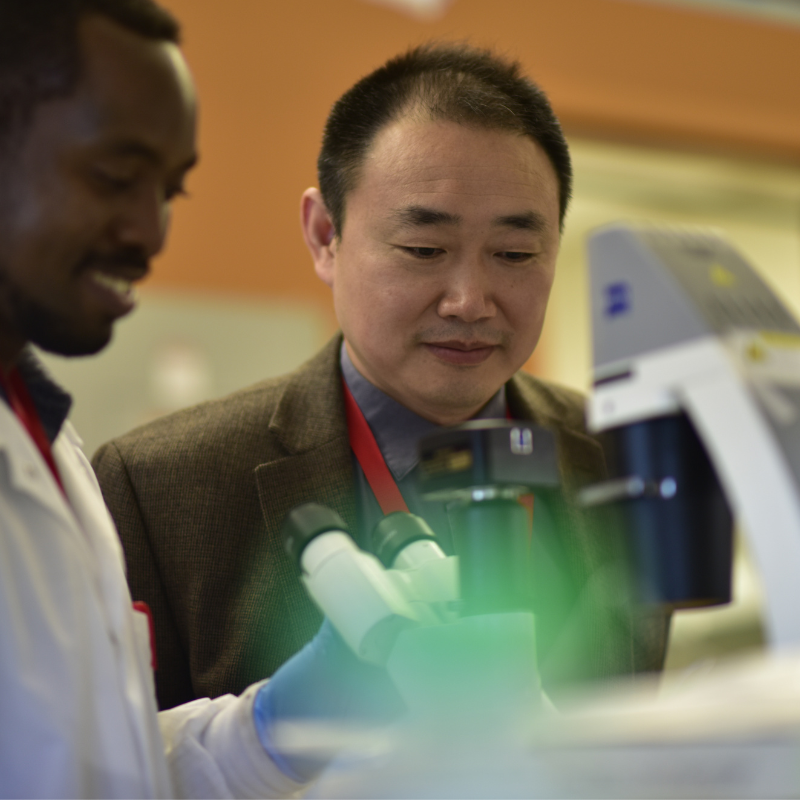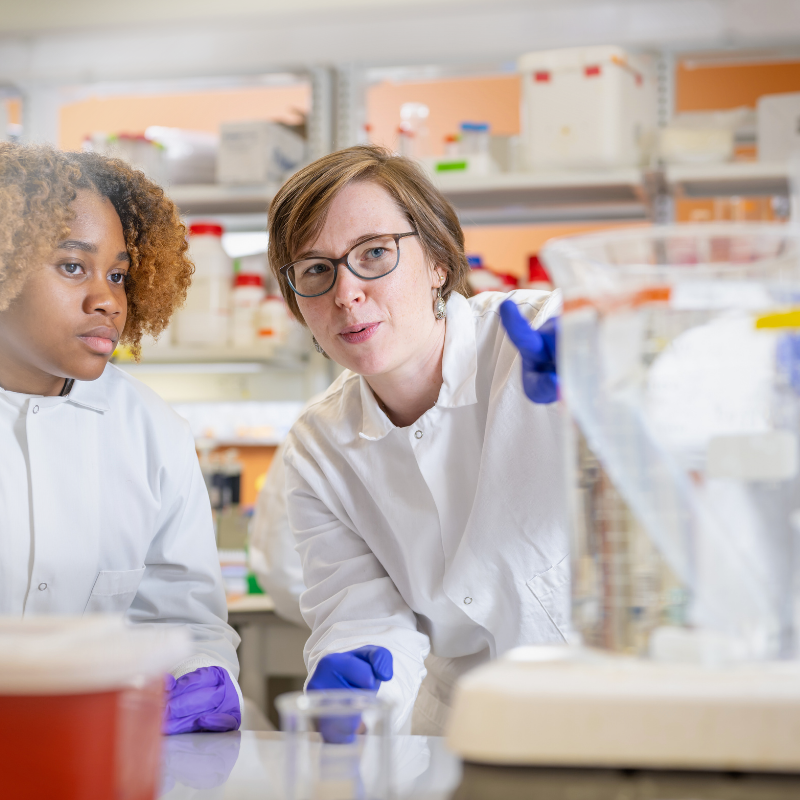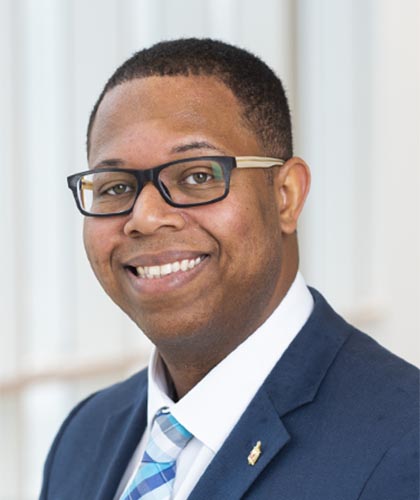News Story
Maisel & Mueller Win Provost's Do Good Innovator Awards
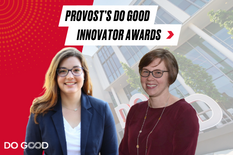
The Do Good Institute, in partnership with the Office of the Provost, is proud to recognize 57 incredible staff and faculty from every corner of the University of Maryland campus with the Provost’s Do Good Innovator Award.
Launched in September 2023 by Senior Vice President and Provost Jennifer King Rice, these awards celebrate those across UMD who have been hard at work tackling the grand challenges of our time in service of the public good. They are recognition of excellence by members of the campus community who create, nurture, expand, and amplify social impact through education, programs, and research, both in and outside the classroom. The university will celebrate its award winners at a March 7, 2024 campus event.
Two of the five Do Good Innovator Awardees within the A. James Clark School of Engineering are Assistant Professors of the Fischell Department of Bioengineering Katharina Maisel and Jenna Mueller.
These dedicated Terps were nominated by their colleagues who recognized the broad and meaningful impact they create. The award reflects their impressive commitment to the Do Good Campus core values: Experiential Learning; Social Impact; Diversity, Equity, Inclusion, and Belonging; Service to Humanity; Collaboration; and Innovation.
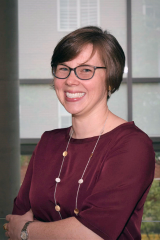 Katharina Maisel helped lead the university’s effort to obtain a Maximizing Access to Research Careers (MARC) grant alongside BIOE Associate Professor Kimberly Stroka and Associate Chair of the BIOE Diversity, Equity, and Inclusion Committee Alisa Morss Clyne. The program established a three-year undergraduate research training program that provides scholarships to a diverse population of students UMD’s MARC program has three major goals. Firstly, the program aims to increase the number of students from underrepresented groups in STEM that pursue biomedical, research-focused graduate degrees. Secondly, it supports trainees in overcoming barriers entering research and preparing them for research careers. And finally, it develops faculty mentors who will enhance research pool diversity throughout their careers by training them in best practices in mentoring diverse researchers.
Katharina Maisel helped lead the university’s effort to obtain a Maximizing Access to Research Careers (MARC) grant alongside BIOE Associate Professor Kimberly Stroka and Associate Chair of the BIOE Diversity, Equity, and Inclusion Committee Alisa Morss Clyne. The program established a three-year undergraduate research training program that provides scholarships to a diverse population of students UMD’s MARC program has three major goals. Firstly, the program aims to increase the number of students from underrepresented groups in STEM that pursue biomedical, research-focused graduate degrees. Secondly, it supports trainees in overcoming barriers entering research and preparing them for research careers. And finally, it develops faculty mentors who will enhance research pool diversity throughout their careers by training them in best practices in mentoring diverse researchers.
Launched in Fall 2023, the MARC program will grow to its full fruition within the next two years, supporting nine trainees in total at any time—three sophomores, three juniors, and three seniors. In addition to having the support of the MARC program leaders, these nine individuals will have their labs and research advisors as mentors and as a community of like-minded individuals who may be going through similar situations and struggles.
"I have poured my heart into serving UMD and the greater scientific community, and I believe that junior faculty like us can be drivers of change because we come to the system with a fresh perspective and new ideas."
Dr. Katharina Maisel
“I learned early on that mentoring is absolutely essential—not only for academic or professional success, but also for success in relationships and happiness in life,” says Maisel. “This passion together with my drive to make things better for the next generation, particularly for those who do not have the same resources as others, culminated in my desire to pursue the MARC funding. Our first cohort has been amazingly bright and curious about science—seeing them thrive and work their way toward becoming scientists has been incredibly rewarding, and the opportunities and support we can provide these students with is wonderful.”
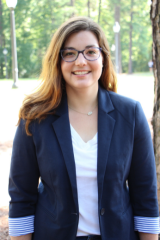 Jenna Mueller was nominated for the Do Good Innovator award for her work in creating experiential learning opportunities for students that develop inclusiveinnovative biomedical technologies that have significant societal impact. In her Engineering Design for Global Health course, Mueller teaches students about the principles of inclusive human-centered design. She invites guest speakers from Africa to educate students about healthcare needs in their countries. Students have the opportunity to apply what they learned by designing innovative technologies that could address those needs.
Jenna Mueller was nominated for the Do Good Innovator award for her work in creating experiential learning opportunities for students that develop inclusiveinnovative biomedical technologies that have significant societal impact. In her Engineering Design for Global Health course, Mueller teaches students about the principles of inclusive human-centered design. She invites guest speakers from Africa to educate students about healthcare needs in their countries. Students have the opportunity to apply what they learned by designing innovative technologies that could address those needs.
“My ultimate goal is to empower others to develop biomedical technologies that democratize access to healthcare through using a human-centered design approach,” says Mueller. “I believe that it is only by designing with the end users that we can create technologies that will work in their communities.”
Exemplified in her own research, Mueller is developing affordable, accessible biomedical devices to diagnose and treat cancer in low-income communities around the world. Currently, she is partnered with communities in Uganda to develop a low-cost, durable, reusable laparoscope. Laparoscopic surgery is the standard-of-care approach for a host of cancer, chest, and abdomen surgeries because it significantly reduces post-surgical mortality compared to open surgery. However, its extremely high cost means it is generally unavailable in low-income communities who may have unreliable electricity, a shortage of consumable supplies, and a lack of qualified personnel to maintain and repair equipment. To address this health disparity, Mueller and her student researchers have developed the KeyScope laparoscope using the inclusive, human-centered design approach Mueller teaches in class.
The Fischell Department of Bioengineering is thrilled by this recognition of our outstanding faculty, who not only exemplify the Do Good Campus core values, but who have helped make our department a forward-thinking organization dedicated to utilizing engineering and scientific knowledge and methods to assist the citizens of Maryland, the nation, and beyond.
“I have poured my heart into serving UMD and the greater scientific community, and I believe that junior faculty like us can be drivers of change because we come to the system with a fresh perspective and new ideas,” says Maisel. “Of course, no person can do some of these efforts alone. We are incredibly fortunate to have amazing colleagues who share our passion and who are willing to take time out of their busy schedules to step up as leaders in building a better future for our community and beyond.”
Thank you, Dr. Maisel and Dr. Mueller, for all your efforts to make the University of Maryland a thriving Do Good Campus.
Published March 1, 2024
